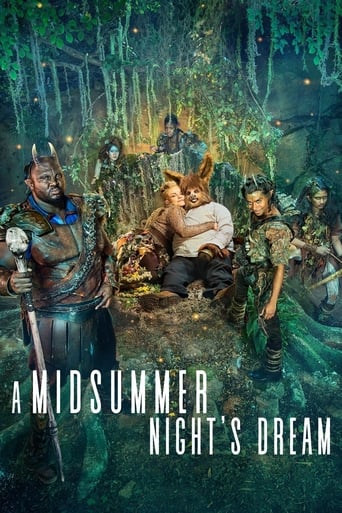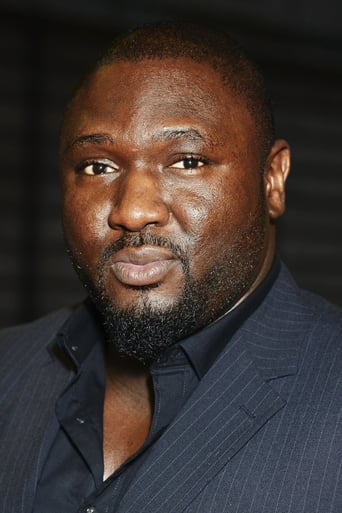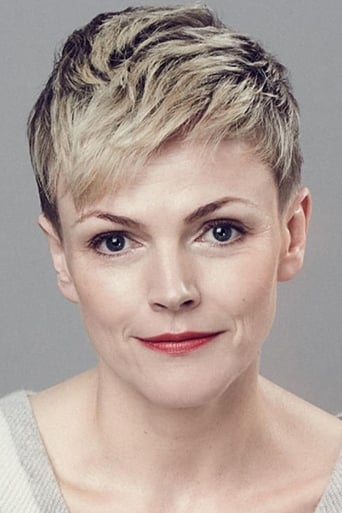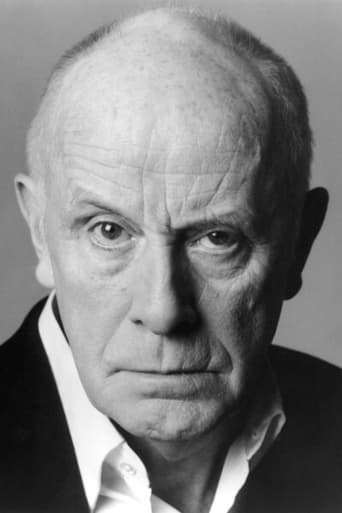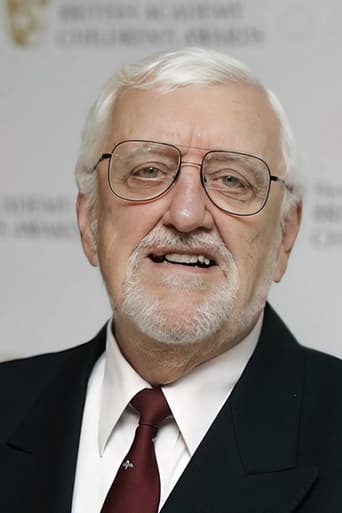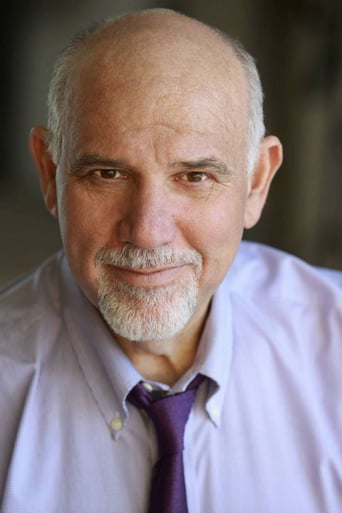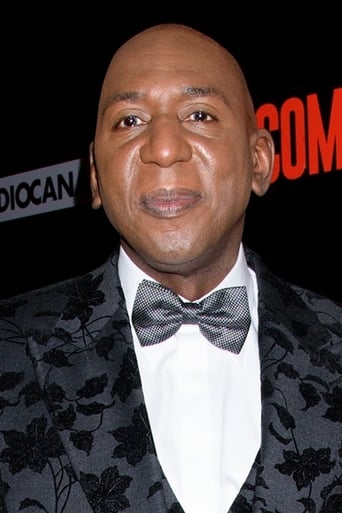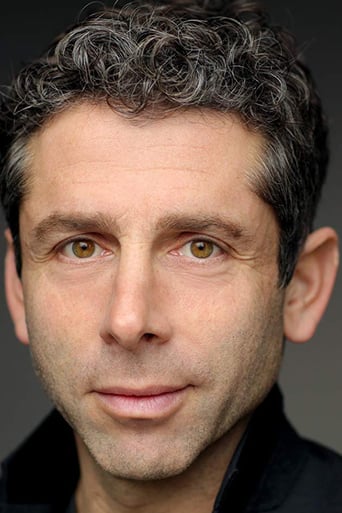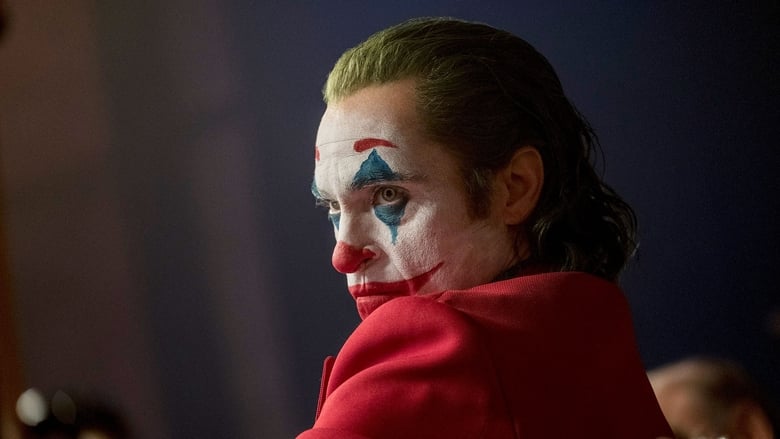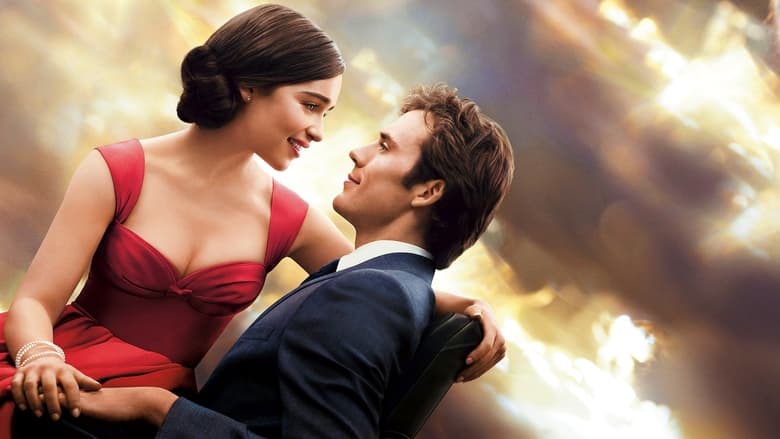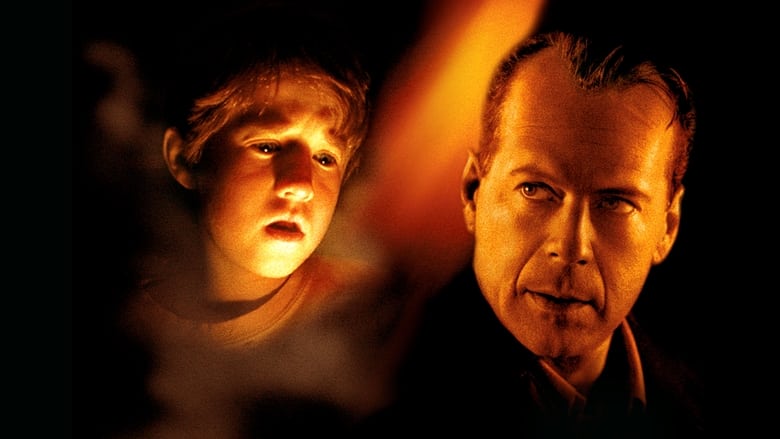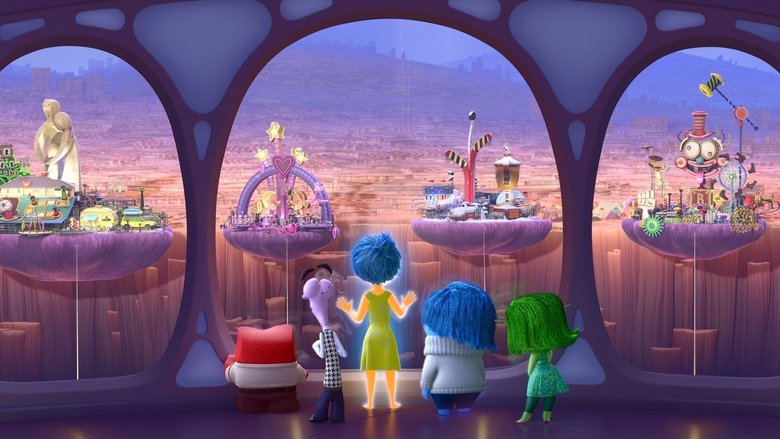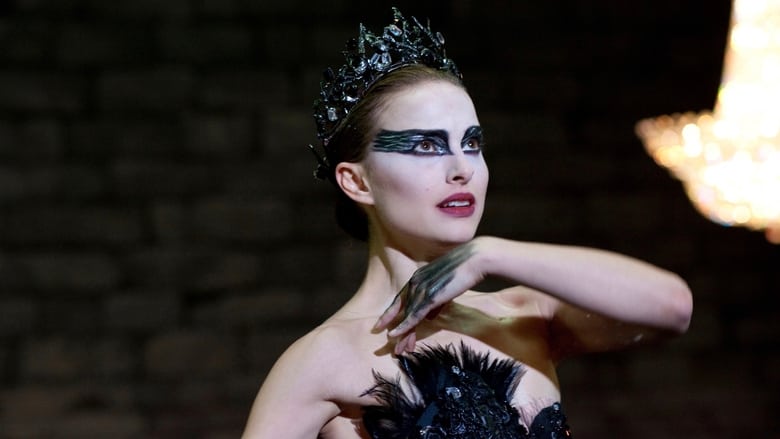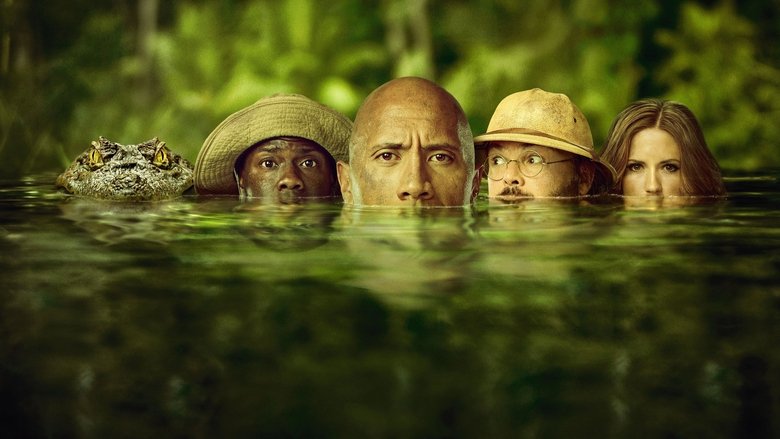At the tyrannical court of Athens, pitiless dictator Theseus plans his wedding to Hippolyta, a prisoner of war, while young Hermia is sentenced to death by her own father for loving the wrong man. Meanwhile, in the town below, an amateur theatre group rehearses. And beyond Athens, in the wild woods, dark forces are stirring...


Reviews
A storm is brewing in the forests surrounding Athens, and it isn't just the faeries quarrelling. The famed city itself has been redressed as an imposing fortress, white marble adorned with fascist insignia, guards marching around like stormtroopers, and the victorious King Theseus exalted by fanfare and choir. There hasn't been anything close to light-hearted wooing; a war has been held. And if Nazi parallels weren't distracting enough for you, wait until the yielding queen is wheeled into the throne room restrained body to toe, masked Hannibal Lecter style. This is no longer a quaint comedy but a piercing melodrama, demonstrated by the way that the soundtrack seems to strain and wail alongside Hippolyta when she tries to break free of her restraints. Yet for all the soaring shots that fly out of windows and swoop over the glittering surrounding towns, director Russell Davies can't quite escape his Whosian roots: the cheesy special effects, the generous dash of camp, the implication that the world doesn't extend far from the set and frame. All the bombast and tyranny seems silly in comparison to genuine silliness, seen when the opening switches to the roll call of the Mechanicals in a hearty pub just outside the fortress walls. Bottom naturally draws the scene to himself, and no performance in the movie is bettered than that of Matt Lucas', beaming and bouncing from his very first step. The character can be easily lost in irritable boasts and showboating, but Lucas is lovable because of his inherent enthusiasm for the theatre and the performing arts, and we can therefore laugh at him without feeling like we are directing ridicule. With that dopey smile plastered permanently on his round face, the donkey ears are visible long before Puck's trickery. But not even Bottom's infectious cheer can distract from Davies' main intent to rewrite all the wrongs of the original Shakespeare. The players' dreadful Pyramus and Thisbe should be a tonic to the soul, a resounding uplift in the wake of confusion, darkness and deceit. Here it is laced with underlying terror. With each mistake and fumbled line Theseus is ordering another execution, slashing a red cross with about as much menace as one could muster when asked to sentence a poor workman to death via iPad. John Hannah delivers his commentary on the comedic tragedy with underlying menace instead of playful sarcasm, and the rest of the audience eye him warily, adjusting their reactions accordingly, lest they too be crossed off. Where has the joy gone? Turns out it's been jam-packed into the finale, a rapturous parade of both fairy and human celebrating the toppling of the the Theseus regime, and Hippolyta returned to her rightful place. You can see what Davies is going for, unleashing the torrent of fertility, sexuality and mysticism from the Early Modern English into the open. Magic in the air. Lovers reunited. All is mended. Titania may be fine with her little love-dazed tryst with a donkey (again, owing to Lucas), but what about poor Demetrius? The boy still has that dumbfounded look about him, mouth slightly agape, eyes only for Helena. There is a playful bit of misdirection earlier where he first falls for the spindly Lysander, but where is his happy ending? The original was problematic, no one could deny that. Why else is Puck offering amends to the audience, and sweeping the dust behind the door? Davis attempts to wave his magic wand and make everything all right, but Shakespeare was the most accomplished magician of them all. He had foreseen this problem already, and whispered a quick word to his Puck, who readied the flower's juice for the viewer. And what a spell we were put under.
This updating of the play works beautifully I think. I love Shakespeare and classic opera and I'm wary of modern updates - so often they are facile or irritating and get in the way of the text/score. But this was a delight: genuinely funny, lovely special effects and a real feel for the soul of the play. It wasn't perfect - occasionally the words got lost in the music or through less than perfect diction. I studied this play at school more than 50 years ago and didn't get much of the humour or the cruelty in the treatment of the characters that this production brought out. I will want to see more traditional productions as well but will return to this one too. Well done RTD - overall it was a great 1hour 35minutes. The BBC have done us proud in the Shakespeare anniversary year with this and the wonderful Hollow Crown.
This is a daft and lovely play given a new bbc adaptation devised by Russell T Davies. The sense of the play comes through very well, and Maxine Peake's Titania is great, an actress who understands how to get the meaning across, whereas Michelle Pfeiffer in the 1999 Hollywood showing is less punkish than Peake (who is also wonderfully randy) but Pfeiffer seems not to understand the poetry or know how to get it over. Peake does.This production is for me enormously weakened by the presence of Matt Lucas who I find moderatelyh funny in some things he does, but the sub plot of the mechanicals can be terribly tedious and stupid and Lucas does his level best to make it worse. In the 1999 film Kevin Kline famously steals (perhaps) the whole film with his Bottom, and the whole group of nitwits, Roger Rees, Sam Rockwell et al. - the casting of these talents impresses versus the buffoonery of the bbc attempt.It's hard to dislike RTD's work, though I think he's nuts to make Athens a fascist state and to kill off Theseus like that, but the whole thing is so mad that I reckon it's all fair game. The lesbian and gay touches (I noticed 3 - Demetrius loves Lysander for a bit, Titania and Hippolyta snog, and a guard and a black man are very smitten thanks to Puck (both Pucks, Stanley Tucci and the less pronounceable beauty in the bbc version are superb)are lovely, though. I note there is a version by Julie Taymor but I've searched the net and it's not available. Maybe it is perfect and not another curates's egg?
A Midsummer Night's Dream has been a firm favourite of mine for many years and I have seen many version both on screen and in theatre. However I do not remember, when we studied A Midsummer Night's Dream in school, that it was written to be a homosexual romp and certainly no lesbian kissing. Maybe I will be regarded a die-hard traditionalist, but this wondrous play has all the magical ingredients in its original form which already provides plenty of scope for a variety of interpretations; so this work need no updating or unexpected twists to bring it to a new audience. Something of the historic context becomes lost along the way. Suffice to say, this has been deleted on my set-top box and if I am around in years to come, I will not be watching it on repeat. This is say because I have enjoyed some of Russell T Davies' previous work.
